Brown, Olympia
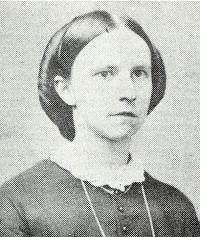 Olympia Brown (January 5, 1835-October 23, 1926) dedicated her life to opening doors for women. Among only a handful of women to graduate from college, she received her Bachelor of Arts degree from Antioch in 1860 and three years later became the first woman graduate of a regularly established theological school: St.…
Olympia Brown (January 5, 1835-October 23, 1926) dedicated her life to opening doors for women. Among only a handful of women to graduate from college, she received her Bachelor of Arts degree from Antioch in 1860 and three years later became the first woman graduate of a regularly established theological school: St.…
 Maria Weston Chapman (July 25, 1806-July 12, 1885) was described by
Maria Weston Chapman (July 25, 1806-July 12, 1885) was described by 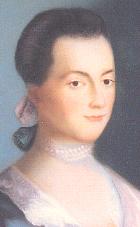
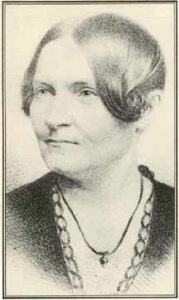 Lydia Maria Child (February 11, 1802-Oct. 20, 1880) was a novelist, editor, journalist and scholar who produced a body of work remarkable for its brilliance, originality and variety, much of it inspired by a strong sense of justice and love of freedom.…
Lydia Maria Child (February 11, 1802-Oct. 20, 1880) was a novelist, editor, journalist and scholar who produced a body of work remarkable for its brilliance, originality and variety, much of it inspired by a strong sense of justice and love of freedom.…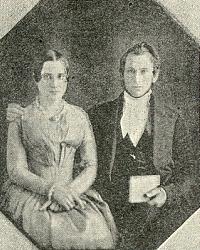 Mary Ashton Rice Livermore (December 19, 1820-May 23, 1905) was a key organizer for the United States Sanitary Commission during the Civil War. Afterwards, she became a leader of the woman suffrage and temperance movements, and a popular lecturer on social reform.…
Mary Ashton Rice Livermore (December 19, 1820-May 23, 1905) was a key organizer for the United States Sanitary Commission during the Civil War. Afterwards, she became a leader of the woman suffrage and temperance movements, and a popular lecturer on social reform.…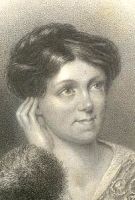

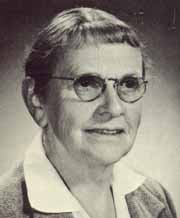
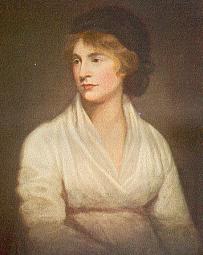 Mary Wollstonecraft (April 27, 1759-September 10, 1797), a revolutionary advocate of equal rights for women, was an inspiration for both the nineteenth-century and twentieth-century women’s movements. Wollstonecraft was not merely a woman’s rights advocate. She asserted the innate rights of all people, whom she thought victims of a society that assigned people their roles, comforts, and satisfactions according to the false distinctions of class, age, and gender.…
Mary Wollstonecraft (April 27, 1759-September 10, 1797), a revolutionary advocate of equal rights for women, was an inspiration for both the nineteenth-century and twentieth-century women’s movements. Wollstonecraft was not merely a woman’s rights advocate. She asserted the innate rights of all people, whom she thought victims of a society that assigned people their roles, comforts, and satisfactions according to the false distinctions of class, age, and gender.…